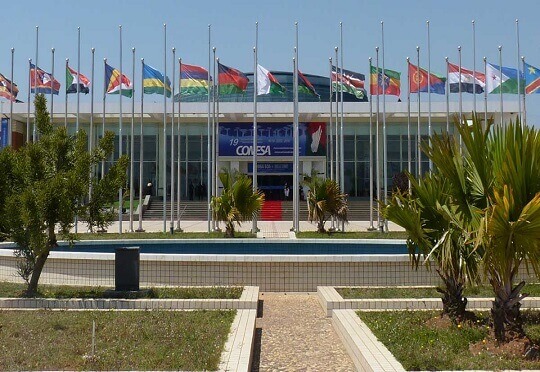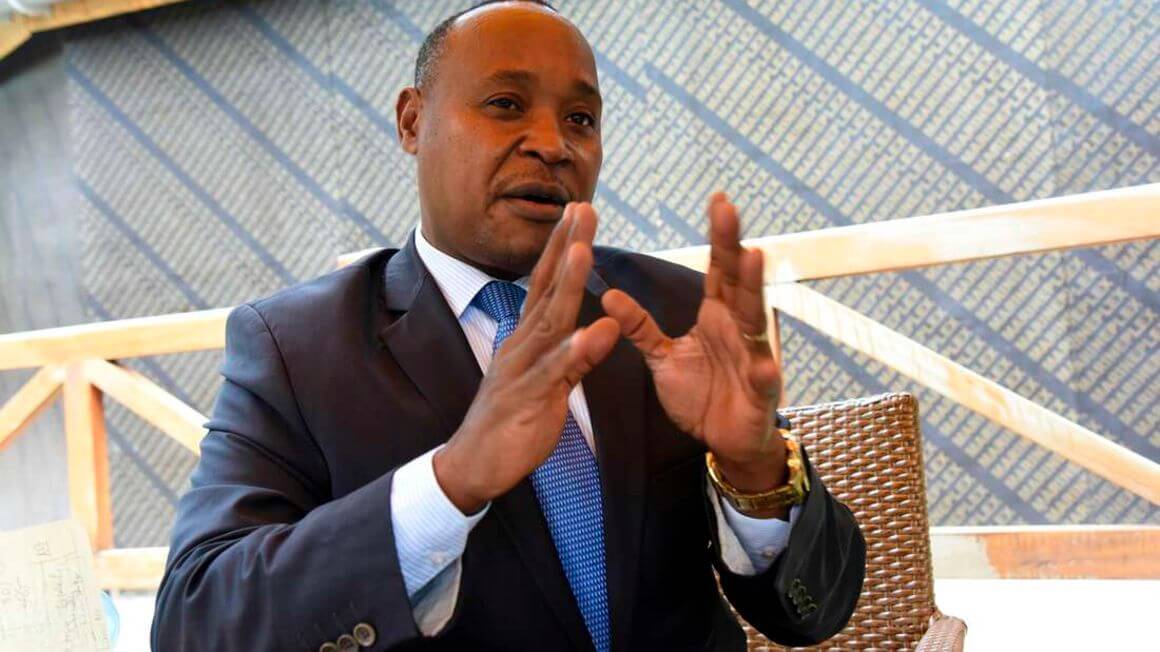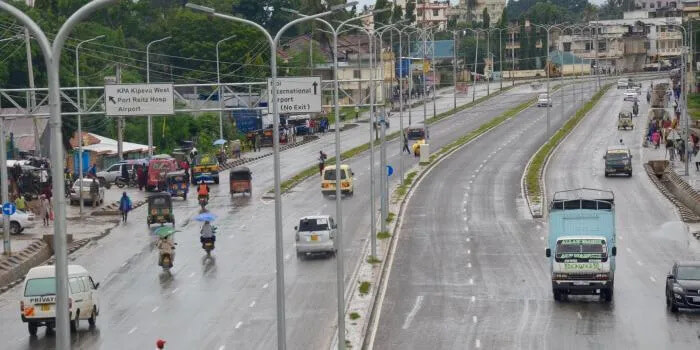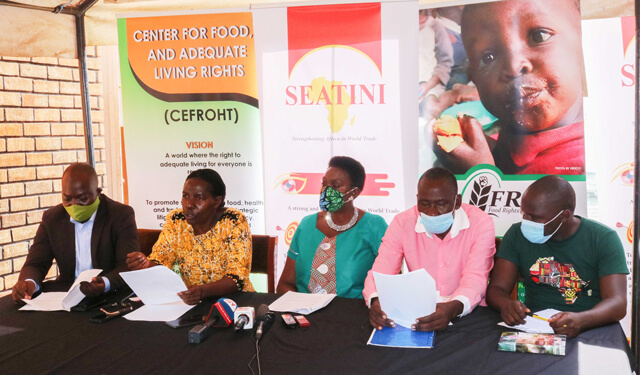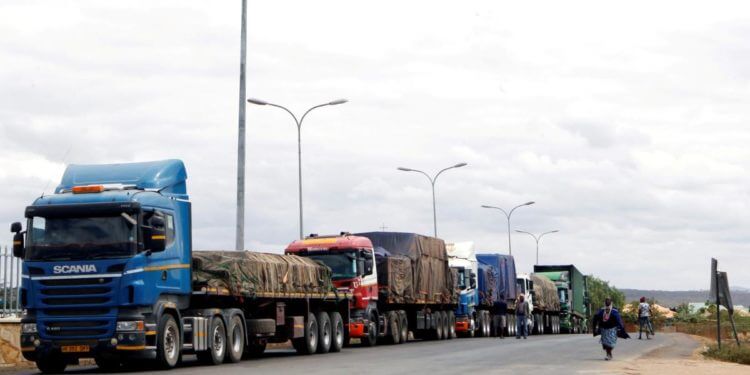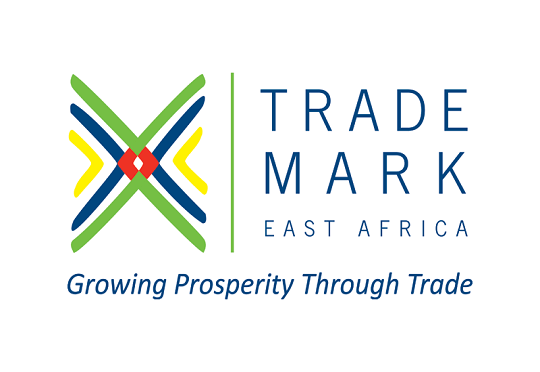Summary Covid-19 is daunting, complex, and ubiquitous. It is not just a public health matter; but also affects progress in the fight against poverty in Africa, due to its direct impact on jobs and economic performance. We are living in times of great uncertainty, fuelled by the onset of Covid-19. Despite this, we have maintained our focus on supporting trade and building prosperity, creating jobs, and reducing poverty in eastern Africa. Covid-19 is daunting, complex, and ubiquitous. It is not just a public health matter; but also affects progress in the fight against poverty in Africa, due to its direct impact on jobs and economic performance. It has catalysed rethinking of global supply chains, shaken traditional patterns of partnerships, but also stimulated unanticipated innovation. It has magnified the importance of trade as a driver for development and building resilient economies. It is noteworthy that projected economic growth has more than halved in many countries, particularly in East Africa. TradeMark Africa has responded by creating a Covid-19 mitigation programme that leveraged our 10 years of experience, in addition to accelerate core programming with higher levels of innovation and forged new partnerships to address challenges to eastern Africa’s recovery. In 2019-20, we begun with an overview of the innovative Safe Trade Emergency Facility (Safe Trade) that we developed and rolled out when Covid-19 first hit East Africa. This was rolled out with the support of our development partners in the European Union, Finland, Canada, Denmark, the Netherlands and the United Kingdom. The...
Focus should now be on recovery, building resilience for job creation
Posted on: March 16, 2021
Posted on: March 16, 2021


